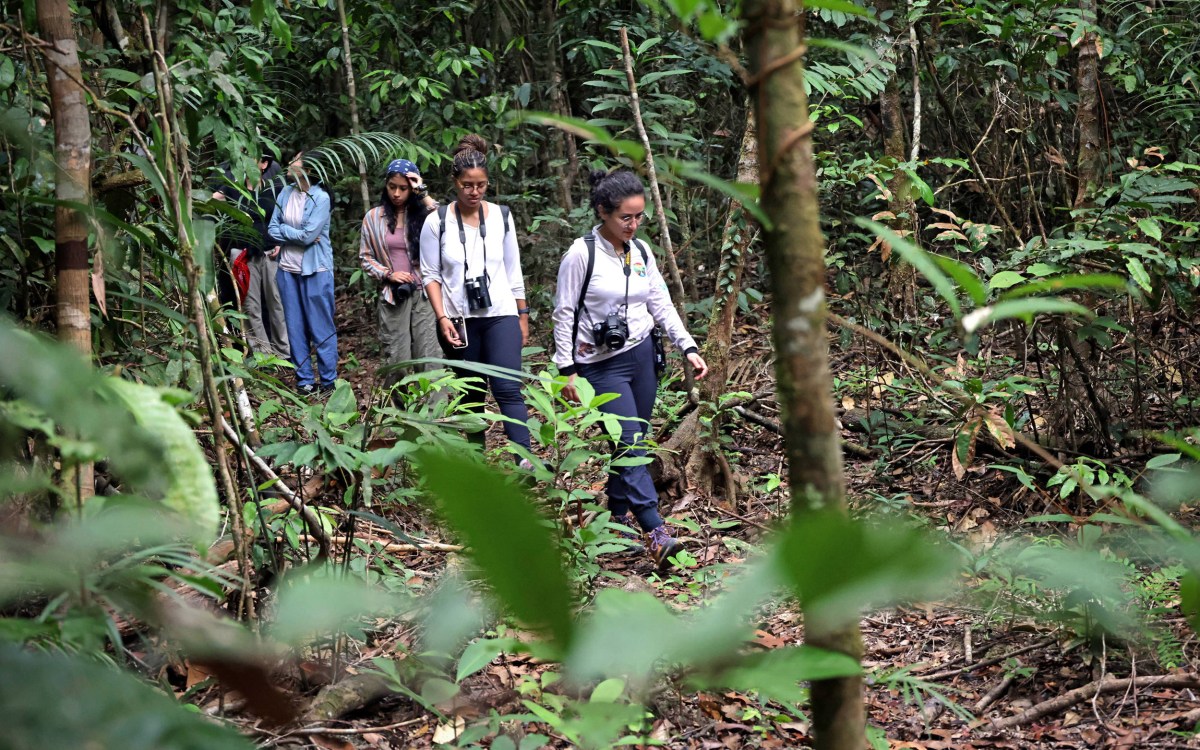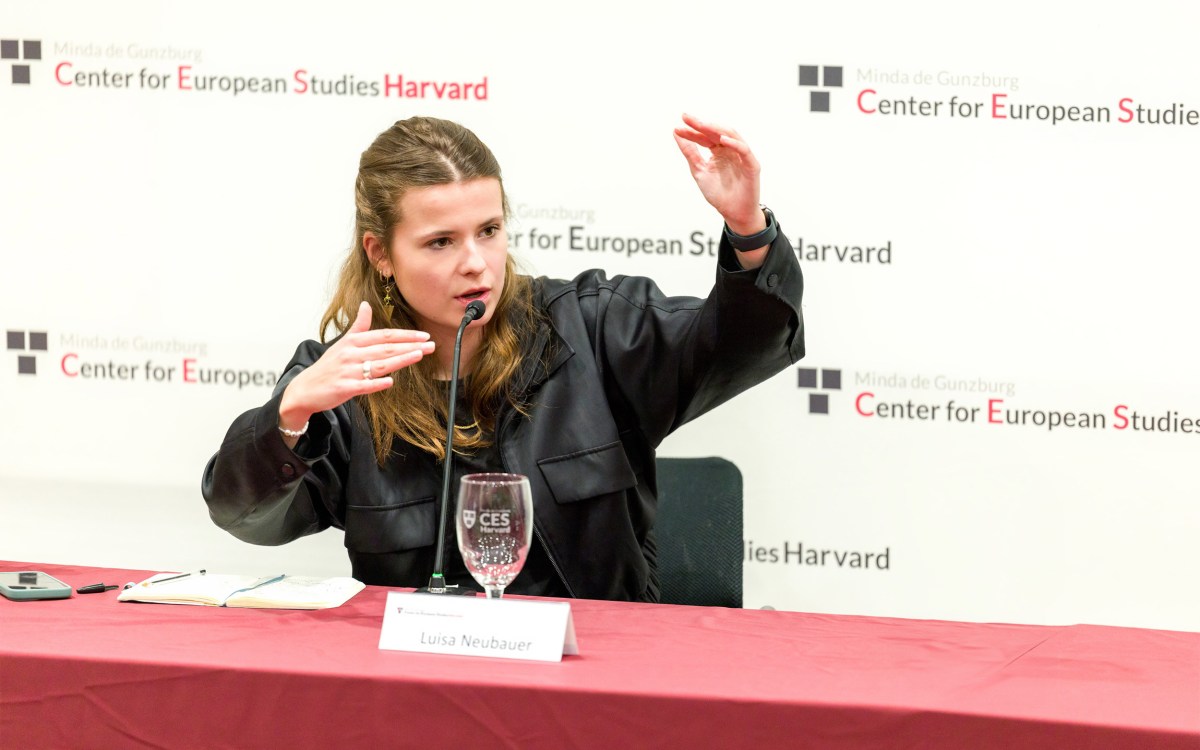Reserved children more likely to be violent than their outgoing peers
Race, gender, and family income have little effect, study finds
Kurt Fischer from the Harvard Graduate School of Education and Brandeis’ Malcolm Watson tracked 440 children and adolescents over seven years to determine what causes children to become aggressive and violent. They found that two characteristics strongly predict the development of aggression. Violence in the home, including physical parental punishment, was the strongest predictor of aggression in the child. While that indicator already is well-known, the second finding was unexpected: inhibited temperament was the second strongest predictor of aggression and violence in children. “Inhibition stood alone as the one personality characteristic that predicted aggression, which suggests possible connections with the isolated, alienated children who have committed school attacks,” says Fischer. Fischer and Watson recommend that teachers, school counselors, and parents attend to students who seem withdrawn, offering them opportunities to connect through clubs, study groups, and other social and academic outlets. The study was funded by the National Institute of Child Health and Human Development and presented at the Society for Research in Child Development’s biannual conference and the European Conference of Developmental Psychology.




